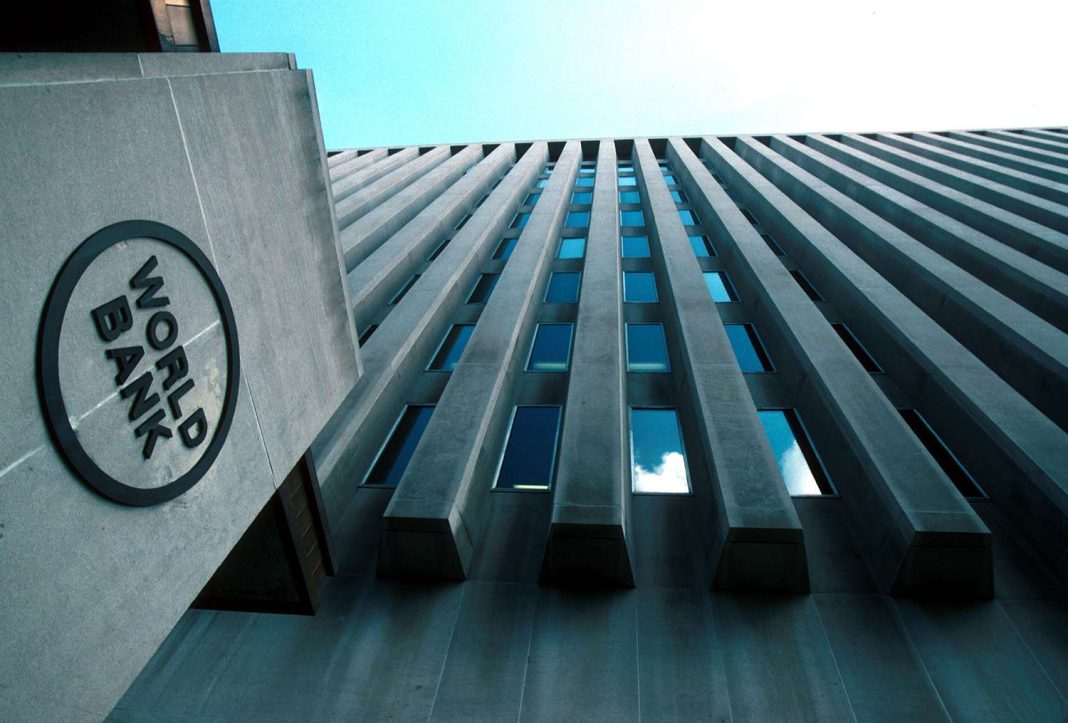In a new report, it says the impact of the conflict has been limited so far, with oil prices rising about 6% and prices of other commodities – such as food and metals – barely moving.
The Bank adds the global economy is much better-placed to cope with a major oil price move than in the 1970s, but cautions that an escalation of the conflict – combined with the disruptions from the Russian invasion of Ukraine – could lead to a dual shock.
If the conflict escalates, the Bank has laid out three possible scenarios for oil prices, depending on the degree of disruption to oil supplies.
In a “small disruption scenario”, similar to that resulting from the Libyan civil war in 2011, it says oil prices could jump to as much as $103 a barrel.
In a “medium disruption scenario”, which the World Bank says would be equivalent to the Iraq war in 2003, oil prices could jump as much as 35% to $121 a barrel.
A “large disruption scenario” – which the Bank says would be comparable to the Arab oil embargo in 1973 – would see oil prices climb up to 75% higher, at $157 a barrel.
“The latest conflict in the Middle East comes on the heels of the biggest shock to commodity markets since the 1970s — Russia’s war with Ukraine,” the World Bank’s chief economist Indermit Gill stated.
“If the conflict were to escalate, the global economy would face a dual energy shock for the first time in decades — not just from the war in Ukraine but also from the Middle East.”
The World Bank also warned higher oil prices would lead to higher food prices, increasing food insecurity across the world.
